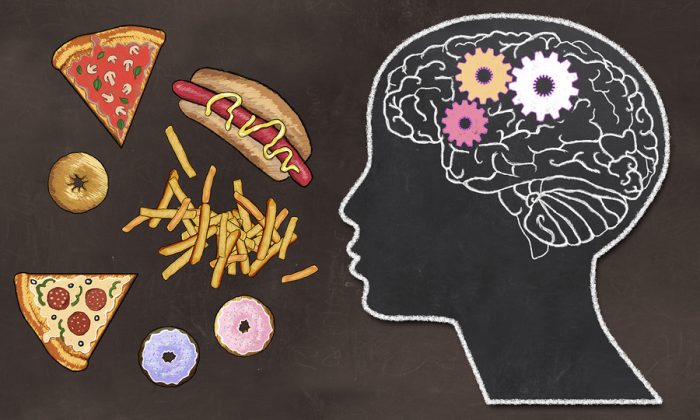
Most people have experienced how certain sights and smells can trigger memories or cravings for food, alcohol or smoking. People in addiction recovery must cope with these triggers on a regular basis in order to prevent relapse. Studies have shown that the concept of a “trigger” is a real cue that can light up certain areas of the brain, especially for people with addictions.
Scientists have researched how environmental stimuli or cues can produce certain reactions in the brain. Exposure to certain cues can strengthen the memories we associate with specific behaviors such as using addictive substances. When alcoholics are exposed to an ad for alcohol for example, it makes certain areas of their brain hyperactive including the prefrontal cortex and thalamus.
Since triggers can cause our brain to react, researchers have found that our brain is constantly fighting off unwanted reward signals that cause cravings. As the brain must exert effort to fight off these triggers, when a person is under stress it can become more difficult to ignore environmental cues that lead to cravings. Research discovered that people need their full cognitive control to ignore reward signals which means that when the brain is occupied by other problems it can be harder to fight triggers.
Stress and anxiety can put extreme strain on the brain’s functioning and can make it harder for people with addictions to manage environmental cues. When someone is under a lot of stress it is especially important for them to avoid situations where they might be tempted by signals. If they are calm and centered it can be easier for them to manage triggers in a more tempting environment.
Recent findings explain why fighting triggers in recovery can be so difficult and research provides more insight into how addicts can manage their cravings.
References
https://www.medicalnewstoday.com/articles/325693.php
https://www.drugabuse.gov/news-events/latest-science/look-drug-craving